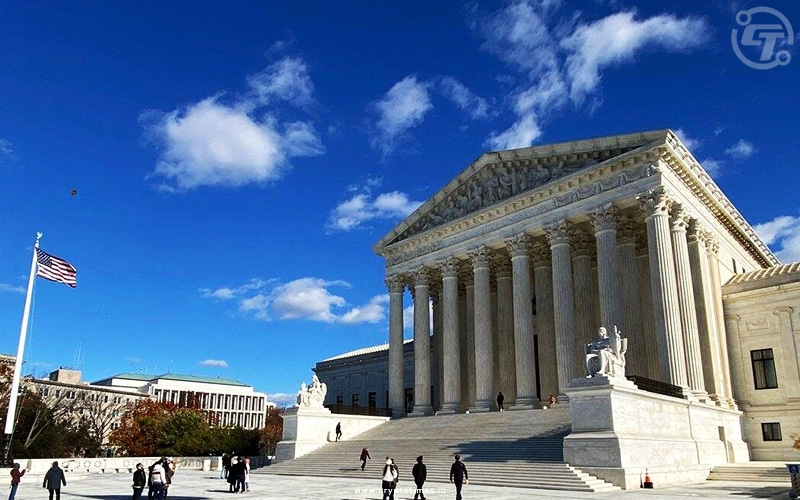Crypto companies are pinning their hopes on a recent US Supreme Court doctrine to potentially challenge the authority of the Securities and Exchange Commission (SEC), but federal regulators remain skeptical of its applicability.
In June 2022, the Supreme Court ruled in favor of states contesting the Environmental Protection Agency’s jurisdiction over greenhouse gas emissions. The court introduced a formal doctrine known as the major questions doctrine, aiming to limit the power of federal agencies.
According to this doctrine, Congress does not delegate the authority to decide the outcome of “extraordinary” cases with significant political and economic implications to agencies like the EPA or SEC.
Coinbase, a prominent cryptocurrency exchange, has referenced the major questions doctrine in its response to the SEC’s Wells notice and imminent enforcement action.
Coinbase’s legal team argues that the SEC lacks unilateral decision-making authority, particularly concerning token classification. The team asserts that the SEC’s assertion of regulatory control over a substantial portion of the American economy by declaring most digital assets (excluding Bitcoin) as unregistered securities is an overreach.
During a keynote address at the 2023 Financial Markets Conference, SEC Chair Gary Gensler emphasized that the agency’s actions are based on the authority granted by Congress. He stressed the agency’s adherence to court opinions, including those from the Fifth Circuit and Supreme Court, to ensure compliance with the law.
Former Coinbase product manager Ishan Wahi also invoked the major questions doctrine in his defense against SEC charges of insider trading in July 2022. In the initial complaint, the SEC identified nine crypto tokens as securities. Wahi’s legal team employed the doctrine in a February motion seeking to dismiss the case, raising concerns about the SEC’s authority over crypto tokens and their trading.
However, Wahi pleaded guilty shortly after filing the motion and reached a settlement with the SEC. As a result, the agency is not expected to respond to the defense based on the major questions doctrine. Wahi was subsequently sentenced to two years in federal prison earlier this month.
In response to Coinbase’s call for greater regulatory clarity in the crypto industry, SEC Chair Gensler dismissed the argument, asserting that the industry has sufficient information to operate within the bounds of existing laws.
Gensler emphasized that the SEC has established rules defining the requirements for exchanges, broker-dealers, advisors, and custody of assets, as well as guidelines for registering securities offerings. He believes that these rules already align with public policies and that new technologies do not exempt actors from compliance.
Also Read: SEC’s Inconsistent Stance: Ripple Case Under Fire






